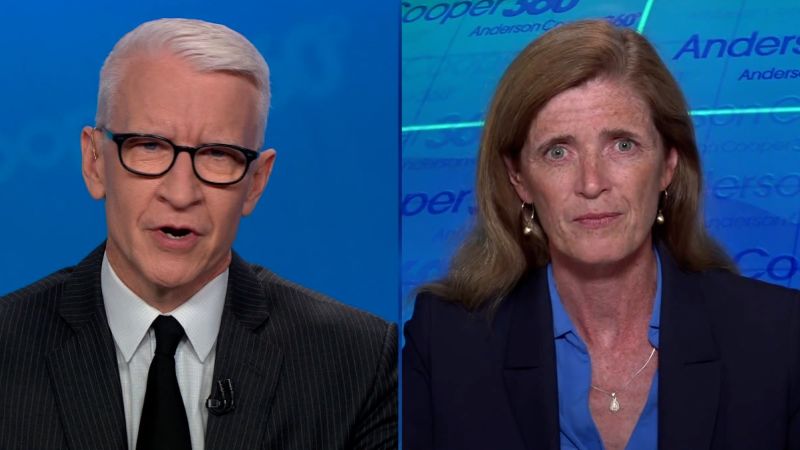Former USAID administrator Samantha Power has issued a stark warning regarding proposed funding cuts to the United States Agency for International Development (USAID). Speaking on the potential impact of these reductions, Power emphasized that the gutting of the agency could lead to “devastating” consequences, with millions of lives at risk globally.
The proposed budget cuts, which target several life-saving programs, could severely undermine efforts in regions already grappling with crises. Power’s comments underscore the critical role USAID plays in delivering humanitarian aid and development assistance worldwide.
Impact of Funding Cuts on Global Health
The potential reduction in USAID’s budget is poised to affect a wide array of programs, from health initiatives to disaster relief operations. Historically, USAID has been instrumental in combating diseases such as HIV/AIDS, malaria, and tuberculosis. The agency’s efforts have contributed significantly to reducing mortality rates and improving health outcomes in developing countries.
According to Power, the cuts could reverse years of progress. “We have seen how targeted interventions can save lives and transform communities,” she stated. “Dismantling these programs would be a catastrophic setback.”
“The proposed funding cuts could lead to millions of deaths globally,” Power warned.
Historical Context and Previous Challenges
USAID, established in 1961, has faced budgetary challenges in the past. However, the current proposed cuts are among the most severe, prompting widespread concern among international development experts and humanitarian organizations. The agency’s work has been pivotal in addressing global challenges, from famine relief to education initiatives.
In previous decades, USAID has navigated similar threats to its funding. During the 1990s, the agency experienced significant budget reductions, which led to scaled-back operations and a reevaluation of priorities. Despite these challenges, USAID managed to maintain its core mission of fostering sustainable development and humanitarian aid.
Expert Opinions and Global Reactions
Experts in international development have echoed Power’s concerns, highlighting the potential ripple effects of reduced funding. Dr. Michael O’Donnell, a global health expert, noted that “USAID’s reach extends far beyond immediate aid; it builds resilience in vulnerable communities.” He added that cutting funds could destabilize regions already on the brink of crisis.
International partners and recipient countries have also expressed alarm. Many rely on USAID’s support to bolster their healthcare systems and infrastructure. The potential cuts have sparked diplomatic discussions, with several nations urging the U.S. to reconsider the proposed budget reductions.
“USAID’s impact is not just measured in dollars but in lives saved and futures secured,” said Dr. O’Donnell.
Future Implications and Possible Outcomes
The proposed funding cuts to USAID could have far-reaching implications, not only for the agency but for global stability. As the world faces increasing challenges, including climate change, pandemics, and geopolitical tensions, the role of international aid agencies is more crucial than ever.
Power and other advocates are calling for a reevaluation of the proposed budget, emphasizing the need for sustained investment in development and humanitarian aid. The debate over USAID’s funding is likely to continue, with potential consequences for millions worldwide hinging on the outcome.
As discussions unfold, the international community will be closely monitoring the situation, hoping for a resolution that preserves USAID’s capacity to deliver critical aid where it is needed most.
